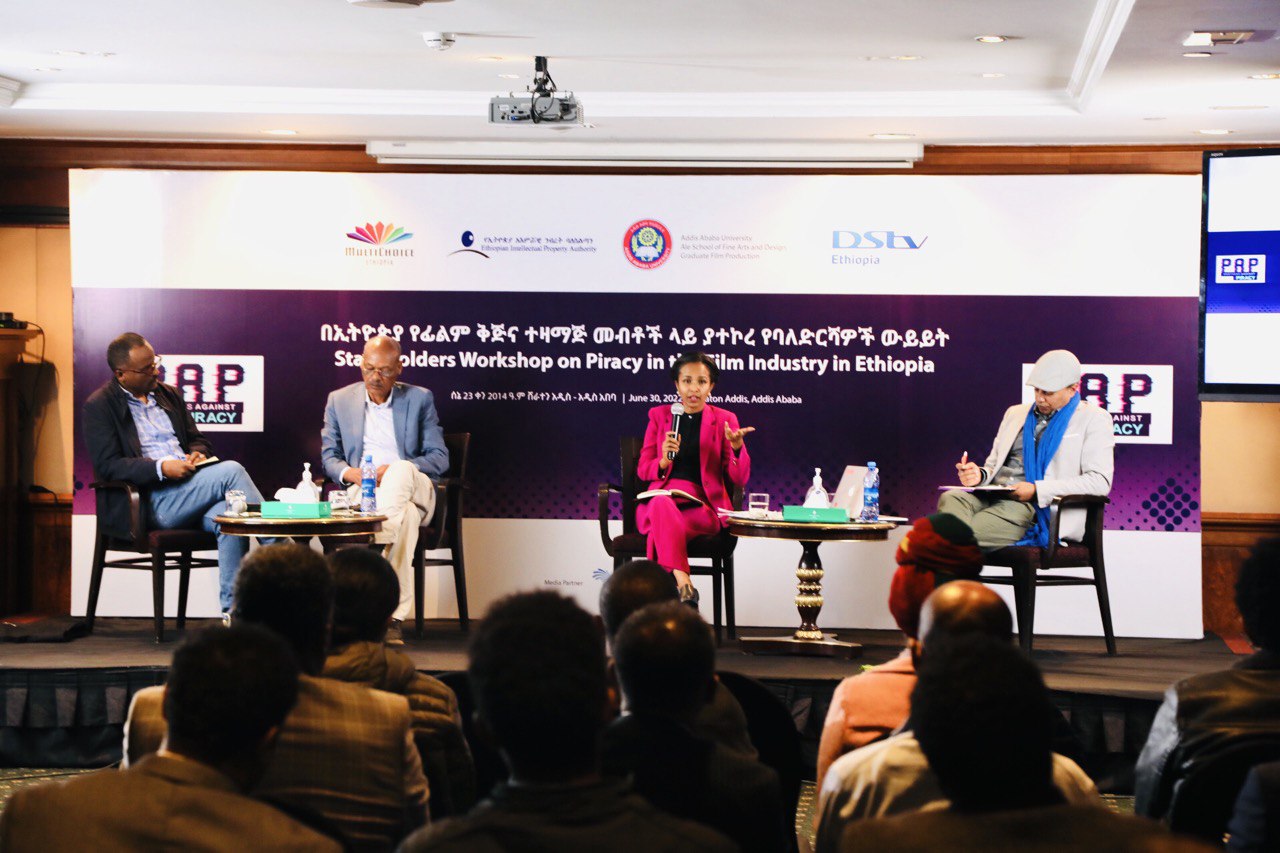
Sponsored Contents | Jul 04,2022
Feb 16 , 2019
By Lelise Terfasa
Under Ethiopia’s commercial code, a partner in a PLC cannot be expelled, with the only possible remedy being the dissolution of the business organisation, writes Lelise Terfasa (lterfasa@gmail.com), consultant and attorney at law.
A recent article, “The Vulnerability of Partners in PLCs” [Vol. 19 No. 77, January 20, 2019], in this publication, argued that under the Ethiopian commercial code, it would be possible to expel a partner in a private limited company (PLC) in case of disagreement. The article, however, falls short of clearly indicating the legal ground for it.
This is especially crucial since there is sufficient ground to argue that the commercial code does not allow expulsion of a partner from PLCs.
There are six types of business organizations in Ethiopia, each with their own unique nature pertaining to the requirements for formation, publication and relationship with third parties. A private limited company is one such business organization, unique in its formation and operation, as are ordinary, general or limited partnerships, a joint venture and a share company.
The commercial code contains provisions that are universally applicable to all business organizations as well as provisions that only govern each according to their unique characteristics. It also has in different sections articles that are specifically applicable to each different type of business organisation, in accordance with their unique nature of formation and operation.
In cases where provisions either from the general section or a specific section apply to business organisations of a different nature, it is indicated clearly.
For the type of business known as an ordinary partnership and joint venture, unlike PLCs, the expulsion of a partner is applicable.
It is in the sections that deal with the two types of business organizations mentioned above that we find articles - 261 and 279 - that refer to the expulsion of a partner as a remedy that can be sought by an aggrieved partner. There is no similar provision for the expulsion of a partner either in the general stipulation of business organisations or in sections dealing with other forms of business organisations. No cross-references have also been made about the applicability of those articles in other forms of business organisations.
The fact that these articles are found under a part of the commercial code that deals with an ordinary partnership and joint ventures, coupled with the fact that there are no cross-references about its applicability for other forms of business organizations, should bring the matter to a convincing conclusion. The expulsion of a partner as a means of seeking relief from a disagreement between partners for business organizations established as PLCs is not allowed under Ethiopia’s commercial code.
This argument is supported by a graduate thesis that was written by Nigusse Tadese at Addis Abeba University, “Major Problems Associated with Private Limited Companies in Ethiopia: The Law and the Practice.”
“The law in Ethiopia seems aggressive where disagreement arises between members of a [PLC]. In this case, the remedy provided is the dissolution of the company, which is the harsh remedy,” he writes. “Thus, the law should incorporate a mechanism of expulsion and withdrawal so as to save the life of a company from dissolution like that of the German law.”
Thus, the argument that holds is that expulsion of a partner from a PLC is actually the desired change recommended by academicians that made a comparative analysis of the law. The current applicable commercial law of the land, which has been around for close to six decades now, and is currently under amendment, should be able to reflect this.
But as it stands now, partners will not be able to seek expulsion of another partner from a PLC, whatever the disagreements that arise, since no legal ground exists for it. The only, and yet unfortunate alternative, is dissolution.
PUBLISHED ON
Feb 16,2019 [ VOL
19 , NO
981]


Sponsored Contents | Jul 04,2022

Radar | Nov 13,2021

Radar | Nov 12,2022

Radar | Jul 08,2023

Editorial | Mar 27,2021

Photo Gallery | 174986 Views | May 06,2019

Photo Gallery | 165209 Views | Apr 26,2019

Photo Gallery | 155484 Views | Oct 06,2021

My Opinion | 136760 Views | Aug 14,2021

Dec 22 , 2024 . By TIZITA SHEWAFERAW
Charged with transforming colossal state-owned enterprises into modern and competitiv...

Aug 18 , 2024 . By AKSAH ITALO
Although predictable Yonas Zerihun's job in the ride-hailing service is not immune to...

Jul 28 , 2024 . By TIZITA SHEWAFERAW
Unhabitual, perhaps too many, Samuel Gebreyohannes, 38, used to occasionally enjoy a couple of beers at breakfast. However, he recently swit...

Jul 13 , 2024 . By AKSAH ITALO
Investors who rely on tractors, trucks, and field vehicles for commuting, transporting commodities, and f...

Oct 18 , 2025
The political establishment, notably the ruling party and its top brass, has become p...

Oct 11 , 2025
Ladislas Farago, a roving Associated Press (AP) correspondent, arrived in Ethiopia in...

Oct 4 , 2025
Eyob Tekalegn (PhD) had been in the Governor's chair for only weeks when, on Septembe...

Sep 27 , 2025
Four years into an experiment with “shock therapy” in education, the national moo...

Oct 18 , 2025 . By NAHOM AYELE
In a sweeping reform that upends nearly a decade of uniform health insurance contribu...

Oct 18 , 2025 . By BEZAWIT HULUAGER
A bill that could transform the nutritional state sits in a limbo, even as the countr...

Oct 18 , 2025 . By SURAFEL MULUGETA
A long-planned directive to curb carbon emissions from fossil-fuel-powered vehicles h...

Oct 18 , 2025 . By BEZAWIT HULUAGER
Transaction advisors working with companies that hold over a quarter of a billion Bir...